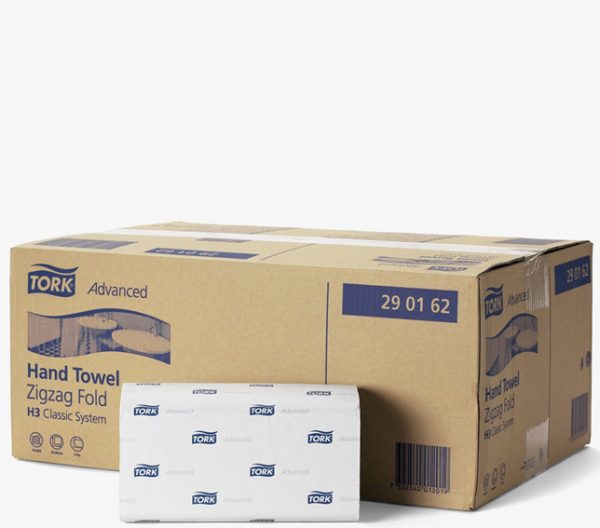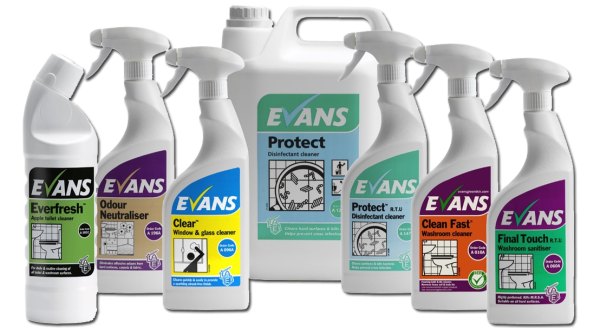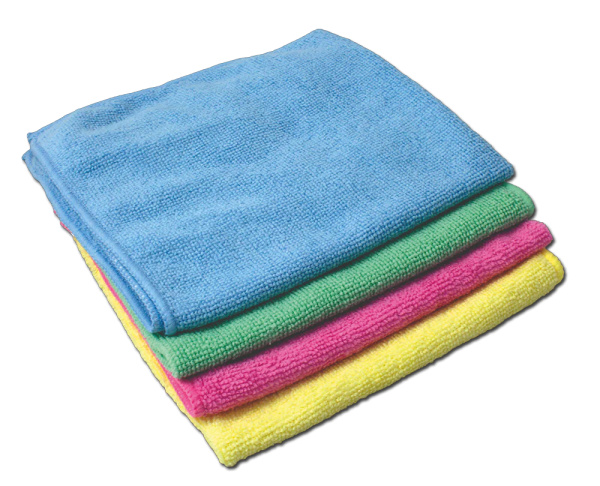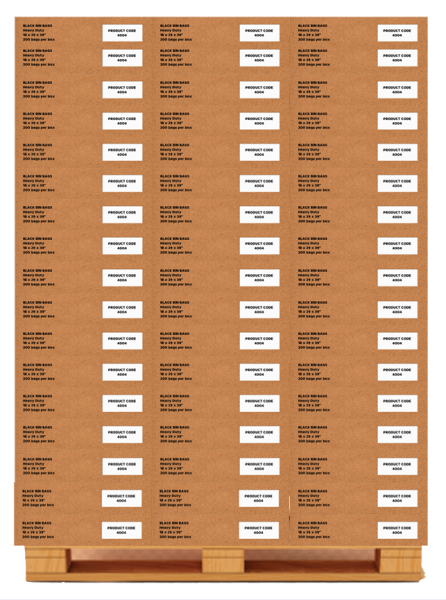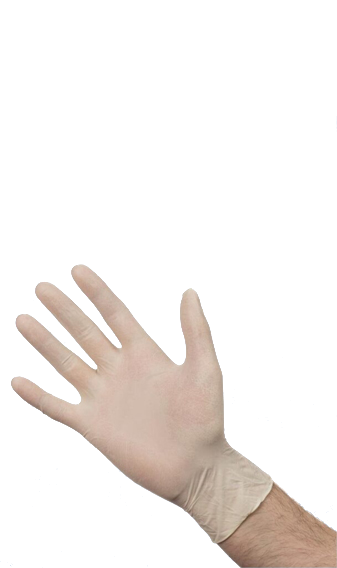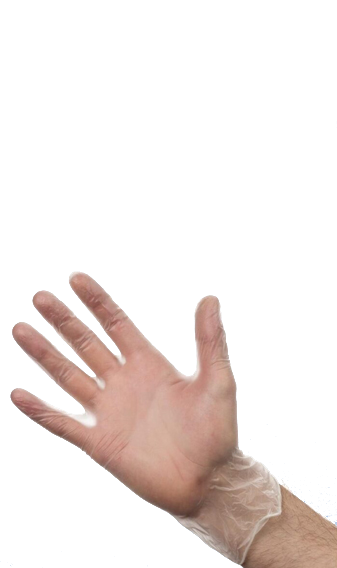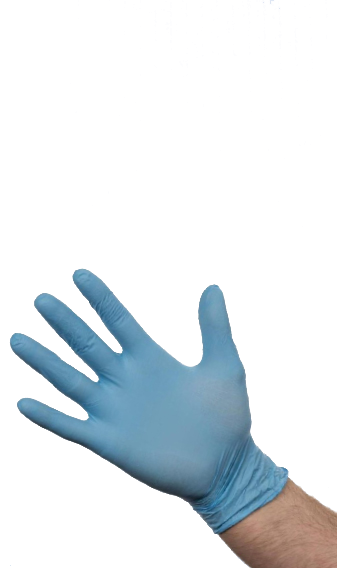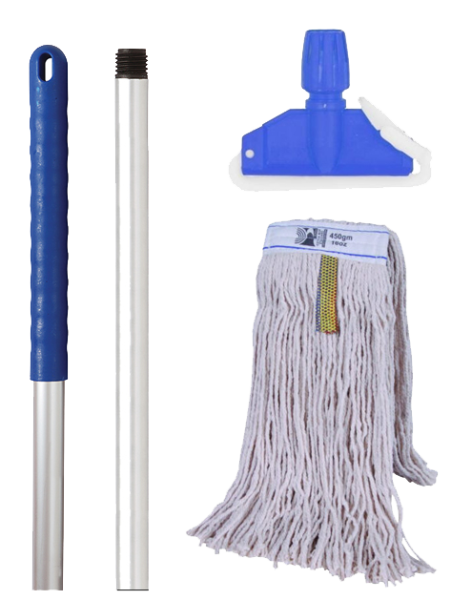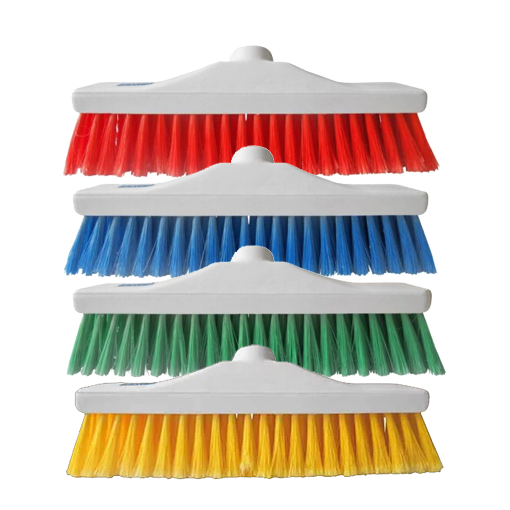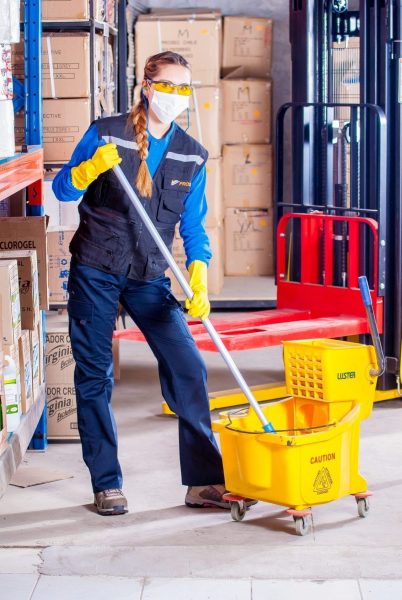Loorolls Blog
Is Your Office In Compliance With Wash Facility Laws?
It is not merely a recommendation that workplaces have hygienic washing facilities. It is the law. The Workplace Regulations of 1992 sets out the duties that employers should fulfil to ensure their staff members have adequate facilities in the office. Following them ensures that workers across the United Kingdom are working in hygienic environments where the risk of getting sick is reduced. Not doing so can leave you open to expensive legal action. So what steps should employers be taking?
On top of the obvious point that there should be toilet facilities in your workplace (if you still haven’t done this, there are major problems with your workplace set-up) there should be an adequate number of them depending on the number of staff you employee. It is illegal, for example, to have just one toilet installed for a large business with over one hundred members of staff. The law explains that a business of between sixteen and thirty employees must have at least two toilets, while those with ninety-one to one hundred should have four toilets. One of these must be adequately purposed for disabled workers if someone under your employ has a disability.
Separate facilities must, furthermore, be provided for men and women in a workplace. However, having two different toilet facilities isn’t always possible – especially in workplaces that have limited space and cannot install more than one. In this instance, it is legal to have gender-neutral toilets but there must be a lock to ensure its occupant’s privacy and security.
These facilities must be kept in a good condition according to British law. Disgusting, unmaintained toilet facilities are not only bad for staff morale; they can put employees at risk of serious illnesses. It is hard to maintain an absolutely spotless facility; minor issues here and there are a normal consequence of any busy office. However, the law sets out the basic rules that employers should take. One, for instance, is the installation of waterproof floors that ensure cleaning can take place. Another is that there is both hot and cold water functioning in reasonably sized basins so that employees can wash their hands. Furthermore, there must be loo rolls, paper towels and a disposal point for sanitary dressings. For bulk orders visit
Depending on your industry, you may require additional facilities. Those that focus on manual labour where employees may get dirty should have showers according to the Workplace Regulations of 1992. Meanwhile, workplaces where employees will have uniforms to get changed in and out of must have a private area where staff can do this. These must, of course, be divided between men and women. It is illegal to have changing facilities shared by both of these genders.
For more information visit: http://www.hse.gov.uk/pUbns/priced/l24.pdf

